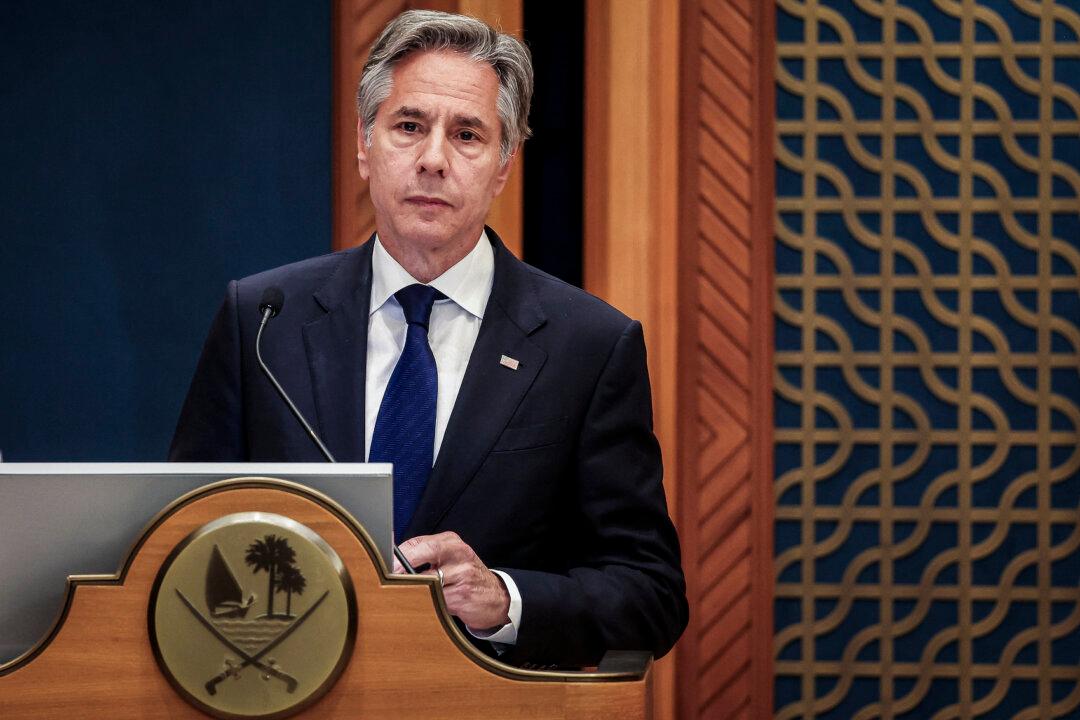U.S. Secretary of State Antony Blinken shared his frustration on June 12 over changes that Hamas has requested to a new cease-fire proposal to bring the war in the Gaza Strip to a close.
Mr. Blinken, along with other members of President Joe Biden’s administration, have pressed for Hamas—which is designated a terrorist group by both the United States and Israel—to accept the three-part proposal to bring a cessation of hostilities after more than eight months of fighting in the Gaza Strip.





